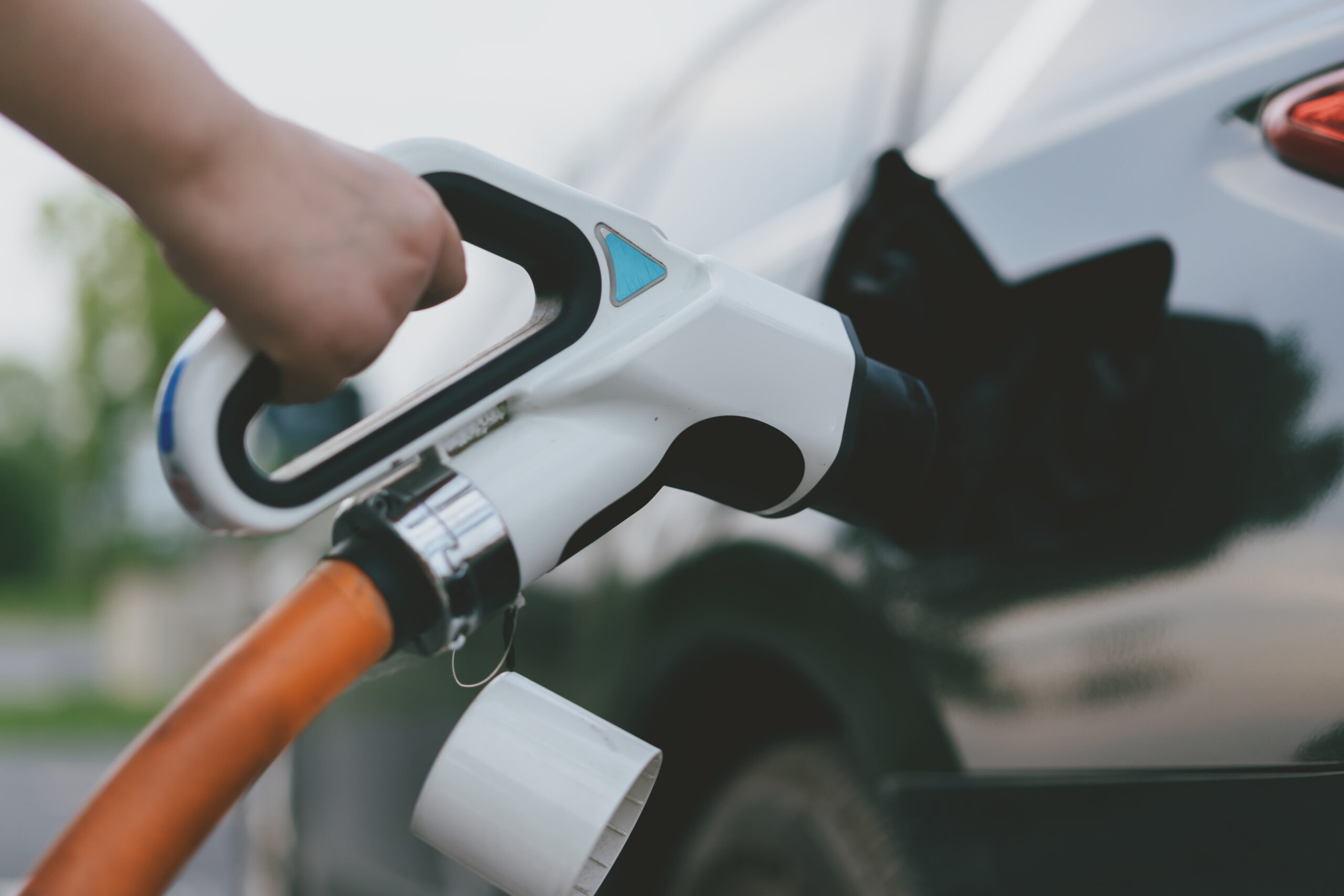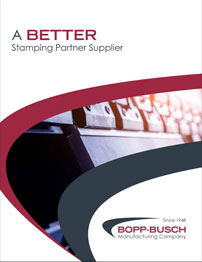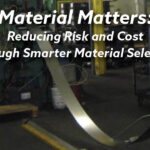
Electric and autonomous vehicles are showing a sharp increase in demand, and experts predict that this trend will only grow in the coming years. The automotive industry has been the largest client base for stamping manufacturers for a number of years, meaning that the electric vehicle revolution will provide new market opportunities for stamping manufacturers alongside the demand for traditional vehicle parts. While many stamping needs will remain consistent, electric vehicles rely on energy stored in batteries as opposed to a traditional internal combustion engine model, presenting unique metal stamping opportunities for manufacturers:
Battery Enclosures
Electric vehicles are propelled via a rechargeable battery pack made up of multiple small batteries and numerous battery cells. This pack is enclosed in a rectangular unit that is thermally designed to prevent overheating. Metal stamping is utilized to create this unit using stamped materials including the charging box, battery housings, and battery assemblies.
Diverse Materials
Custom metal stamping often requires manufacturers to stamp a diverse array of raw materials, and electric cars provide an increased need for custom materials and/or thicknesses that manufacturers may be unfamiliar with. While traditional vehicles often utilize large amounts of stainless-steel stamped parts, electric vehicles are considerably more lightweight, and manufacturers often must convert to using aluminum more frequently than steel to outfit these vehicles with stampings. These stamped aluminum parts vary from large closure panels such as hoods and doors to smaller stamped parts like battery packs and enclosures.
Presses & Tooling
The battery packs used in electric vehicles can require specialty stamping presses to create the battery cylinders, and other high-speed presses will be needed in coming years that are more energy efficient and able to create more complex stampings used in electric vehicles. Additionally, stamping manufacturers will be expected to utilize more time-efficient tooling processes without compromising the quality of the stamped parts. By reducing the amount of time it takes to create a tooling, stamping manufacturers will be able to meet the high demands of both the traditional and electric vehicle markets. Experts in the field recommend trying new tooling strategies to help make this process more efficient, including more dimensionally accurate die blocks and fewer iterations at die tryouts.
Research suggests that the increased demand for electric vehicles presents new challenges for stamping manufacturers, but also opportunities for growth and creative strategies to meet the demands of this changing market. The key is for stamping manufacturers to anticipate these changes in advance and prepare themselves with innovative approaches to the electric vehicle revolution.
As we have since 1949, Bopp Busch responds to changes in the industry to be a valued supplier partner to our customers. In addition to our core stamping services, we provide e-coating, toolmaking, general assembly, and design services. To learn more about Bopp Busch and our capabilities, contact us today.



